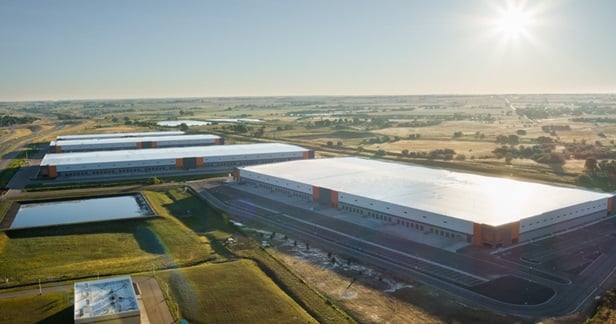"We will see a very different real estate market in 2002," says Fletcher. "While the results for the year will be choppy, the long-term outlook is positive and Portland market fundamentals remain strong. We expect that we will turn the corner on this recession by the third quarter of 2002 and return to sustainable growth sometime at the end of the year or early next year."
The waning months of 2001 presented a drastically different office market than the commercial real estate community has experienced here in several years, says Grubb & Ellis' Research Director Patricia Raicht. "Landlords were left in a state of shock and economic uncertainty left tenants immobilized," she says, predicting that in 2002:
--opportunities for tenants will be plentiful in the Sunset Corridor but tenants will have to move quickly;
--supply will stay in check as the office market recovers;
--tenants with strong financials will be able to secure concessions if they are willing to act and commit to a five or ten year lease term;
--sublease offerings will continue to present opportunities for tenants;
--landlords will reach for deals but will not waver on credit requirements; and
--tenants in the CBD will have multiple opportunities for the first time in years.
On the industrial side of things, Raicht finds the Portland market holding up "exceptionally well despite a sharp decrease in demand and a slowdown in the semiconductor manufacturing industry." In 2002, expect:
--little to no speculative development to commence;
--large industrial users to continue driving the market, with build-to-suit or owner-built properties making up most of all new construction;
--Tualatin to be the market to watch as developers position themselves to capture demand created by vendors and suppliers with the need to be located close to Novellus Systems' new facility; and
--class A flex space in the Sunset Corridor to face difficulty in competing with office and sublease space.
While user demand was lethargic in 2001, investors maintained a healthy appetite for office, industrial and retail properties, says Raicht. "This was likely due to the defensive nature of commercial real estate as an asset class," she says. "The major obstacle for investors was finding properties for sale," as buyers generally far outnumbered sellers. In 2002, expect:
--a gap between buyer and seller expectation causing a slowdown in activity;
--smart money will continue aggressively seeking net leased industrial properties;
--Well-located grocery anchored retail developments to continue as the asset class of choice in retail, as investors know necessity-based retailers are better able to weather economic uncertainty.
This is a summary of Grubb & Ellis' report. In the coming days, GlobeSt.com will interview area brokers and delve deeper into the current state of the office, industrial and investment markets and what lies ahead for both the Portland and Eugene markets.
Continue Reading for Free
Register and gain access to:
- Breaking commercial real estate news and analysis, on-site and via our newsletters and custom alerts
- Educational webcasts, white papers, and ebooks from industry thought leaders
- Critical coverage of the property casualty insurance and financial advisory markets on our other ALM sites, PropertyCasualty360 and ThinkAdvisor
Already have an account? Sign In Now
© 2024 ALM Global, LLC, All Rights Reserved. Request academic re-use from www.copyright.com. All other uses, submit a request to [email protected]. For more information visit Asset & Logo Licensing.








